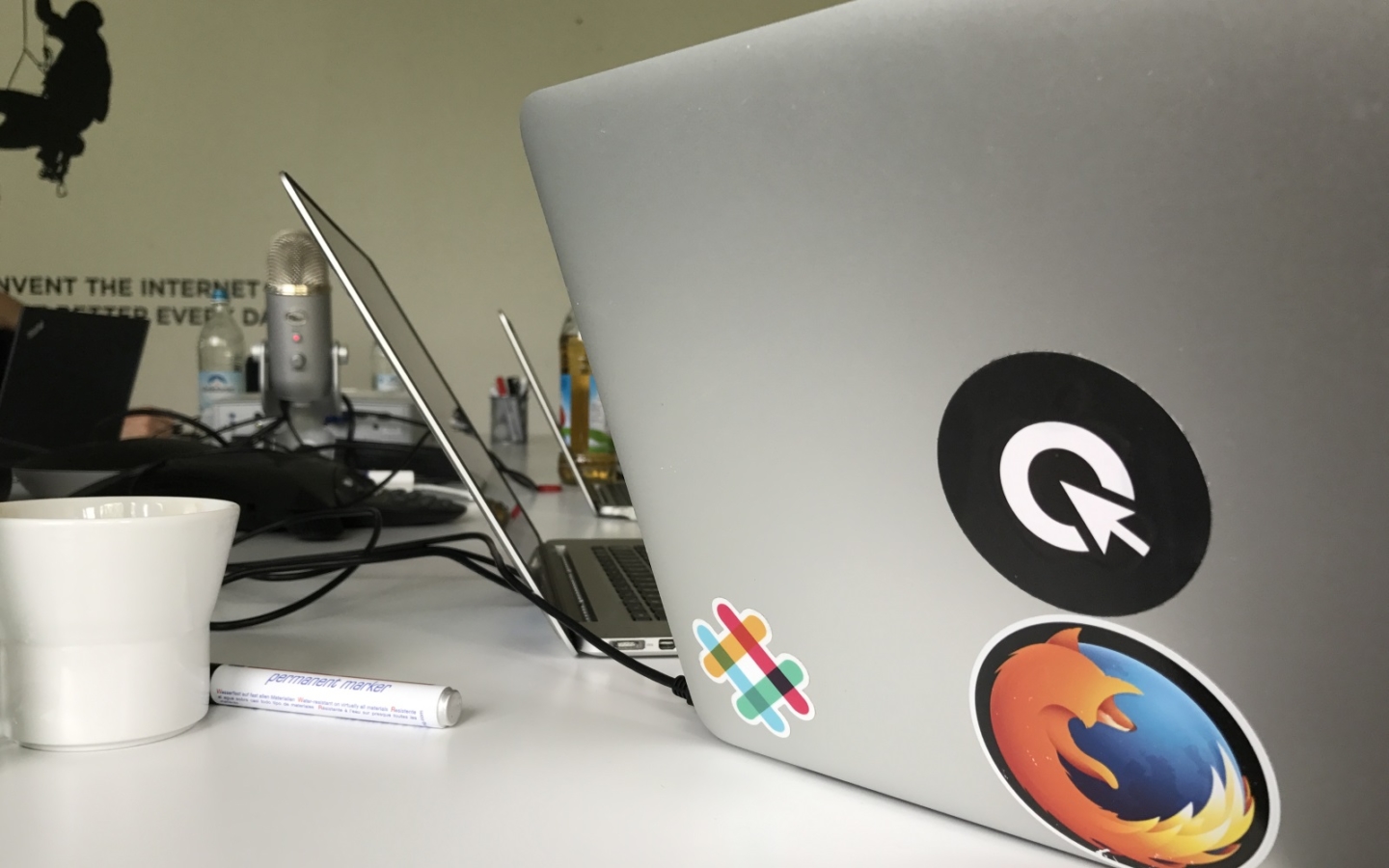Save net neutrality: Internet-wide day of action
The joint message of hundreds of participating organizations to the FCC and Congress is: "Don’t mess with the Internet!" By showing fictional alert pop-ups on their websites, they want to demonstrate the negative consequences the planned abolition of net neutrality in the US would entail.
Today is an internet-wide day of action to save net neutrality, in which Cliqz also participates. Hundreds of organizations – including nonprofits, tech companies, libraries, and artists – will be joining together to take action to defend the open Internet. This Wednesday, they show fictional alerts on their websites and in their apps to protest against the planned abolition of net neutrality in the US. Together, they reach out to all Internet users to send a strong message to the Federal Communications Commission (FCC) and Congress: “Don’t mess with the Internet!”
“The Internet was built on net neutrality principles, and we can’t abandon them now by allowing broadband service providers to become Internet gatekeepers. When you pay for access to the Internet, that’s what you should get: the whole Internet, not just the version your service provider wants to give you”, the Electronic Frontier Foundation (EFF) writes on its website.
FCC wants to abolish previous “Title II” regulation
Net neutrality is the principle stating that all Internet traffic should be treated equally. This means that Internet service providers (ISPs) and governments regulating the Internet should treat all data on the Internet the same, not discriminating or charging differently by user, content, website, platform, application, type of attached equipment, or mode of communication. “Title II” of the Communications Act is what provides the legal foundation for net neutrality and prevents ISPs like AT&T, Comcast, and Verizon from slowing down or blocking websites, and creating Internet fast lanes for those who can afford them.
In the US, net neutrality was strengthened in 2015 under the Obama administration by strict rules for preserving an open Internet. But the Republican FCC Chairman Ajit Pai is looking to reverse the 2015 Open Internet Order by stripping away its legal foundations. On May 18th, the FCC voted with 2:1 votes for Pai’s proposal. Until mid-August anyone can comment on the plans.
With the banners displayed on the day of action on many websites this is quite easy. By giving their name, address, and email address, users can send a pre-formulated letter to the FCC. An example of such a letter can be found on the EFF website. It calls on the regulator to stop the planned abolition of the existing FCC regulation and thus to ensure the continuity of net neutrality in its current form.
Net neutrality is a cornerstone of the open Internet
Of course, the large ISPs favor relaxed regulations. Based on the current legal situation in the US, they are not allowed to prefer any legal web content or to penalize it by throttling or blocking it. In the future, however, they can hope for additional revenue streams through new premium business models. If you pay, your data packets are transmitted faster. According to the ISPs net neutrality is an obstacle to innovation and investments in grid expansion.
Consumer protection groups strongly disagree and are concerned that ISPs will exploit their position as gatekeepers to the Internet. They could control the web content users will see at which price. This would leave people everywhere at the mercy of the phone and cable companies, said Craig Aaron, President of consumer protection group Free Press.
The Internet Association, which represents the interests of internet companies like Google, Facebook, or Netflix, also supports the retention of the current FCC net neutrality rules: “Consumers pay for access to the entire internet free from blocking, throttling, or paid prioritization. The existing 2015 Open Internet Order protects consumers from ISPs looking to play gatekeeper or prioritize their own content at the expense of competition online. Rolling back these rules or reducing the legal sustainability of the Order will result in a worse internet for consumers and less innovation online.”
Cliqz CEO Marc Al-Hames sees net neutrality as a cornerstone of the open Internet that Cliqz is fighting for: “Anything else would destroy the web as we know it today.”





